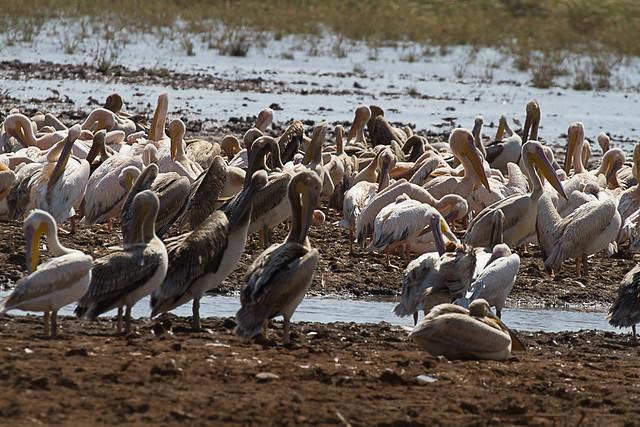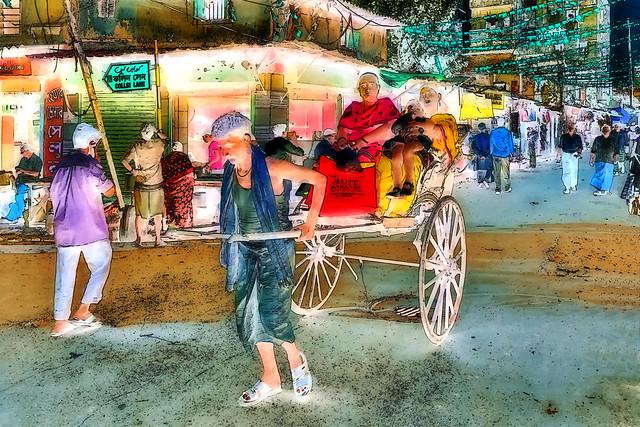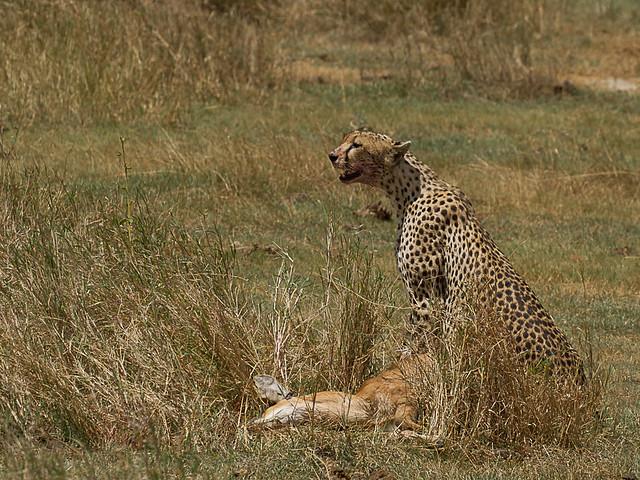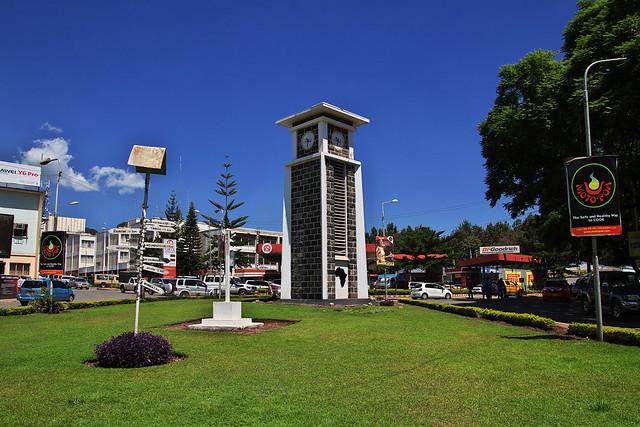



Babati
Overview
Location and Accessibility
Babati is a vibrant city nestled in the Manyara Region of Tanzania, serving as a gateway to some of the country’s most stunning natural landscapes. Located approximately 200 kilometers from Arusha, it is conveniently accessible by road, making it an ideal stop for travelers heading to the renowned Lake Manyara National Park and the Ngorongoro Crater. The city is situated at an elevation of about 1,500 meters, which contributes to its pleasant climate, characterized by cooler temperatures compared to other regions in Tanzania.
Cultural Diversity
Babati is a melting pot of cultures, primarily inhabited by the Iraqw people, who are known for their rich traditions and agricultural practices. The city’s cultural tapestry is woven with influences from various ethnic groups, including the Maasai and Sukuma, which adds to the richness of local customs and festivals. Travelers will find that the people of Babati are warm and welcoming, often eager to share their traditional songs, dances, and stories. Engaging with local communities offers visitors a unique glimpse into their daily lives, including traditional crafts, such as pottery and weaving.
Historical Significance
Historically, Babati has been a significant center for trade and agriculture. The area’s fertile soils have long supported farming, particularly of crops like maize, beans, and sunflowers. This agricultural heritage is reflected in the bustling markets where local farmers sell their produce. The city also played a role in the colonial history of Tanzania, as it was a site for various administrative and economic activities during the German and British colonial periods. Exploring Babati provides not only a chance to understand the local history but also to see how it has shaped the region's present-day identity.
Natural Attractions
Babati is strategically located near several breathtaking natural attractions. Just a stone's throw away lies the stunning Lake Babati, a serene body of water teeming with birdlife, including flamingos and various migratory species. The lake is popular for canoeing and fishing, offering a tranquil escape for nature lovers. Furthermore, the nearby Mto wa Mbu, a vibrant village known for its cultural tours, showcases local artisans and is an excellent spot for those interested in exploring the unique flora and fauna of the area.
Local Characteristics
The atmosphere in Babati is lively and vibrant, especially in its markets, where the sounds of haggling fill the air and the aromas of fresh produce tantalize the senses. The Babati market is a colorful hub that comes alive on market days, featuring everything from handcrafted jewelry to traditional foods. Local cafes and eateries serve delicious Tanzanian dishes, such as ugali, nyama choma (grilled meat), and chapati, allowing visitors to savor the local flavors.
Community and Development
In recent years, Babati has witnessed significant development, with improvements in infrastructure and services aimed at enhancing the quality of life for its residents and visitors. There are numerous community projects focused on sustainability and environmental conservation, reflecting the city’s commitment to preserving its natural heritage while promoting economic growth. Engaging with these initiatives can provide travelers with a deeper understanding of the local community's efforts to balance tradition with modernity.
Babati is more than just a stopover; it is a vibrant blend of culture, history, and natural beauty that encapsulates the essence of Tanzania. Whether exploring its markets, interacting with the friendly locals, or venturing into the surrounding landscapes, visitors are sure to leave with unforgettable memories and a deeper appreciation for this enchanting region.
Other towns or cities you may like in Tanzania
Explore other cities that share similar charm and attractions.





